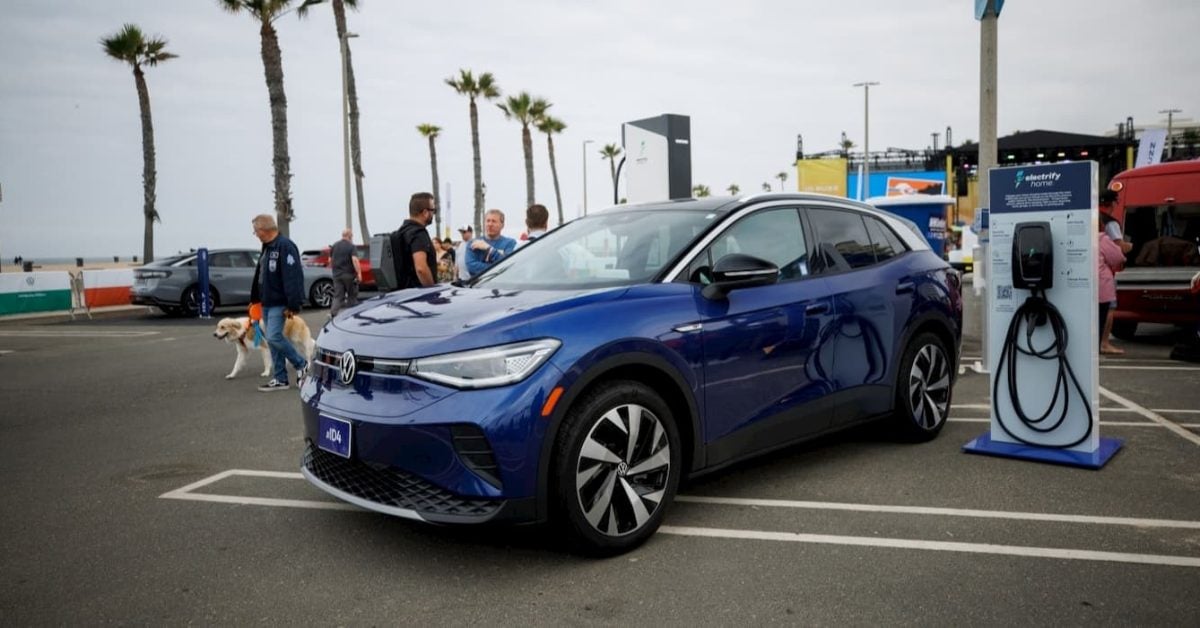The company’s letter to the National Highway Traffic Safety Administration (NHTSA) stated the door handles could allow water to enter the circuit board assembly, which may lead to the doors opening unexpectedly.
According to Volkswagen, the production halt could last until the beginning of next year as it works to resolve the issue.



Efficiency, it’s not insignificant.
With gas cars people don’t really notice since it’s easy to refuel, but we’ve probably wasted 10s of billions of dollars in fuel over the decades and all the co2 emissions that adds up to over it.
Edit: Just an example of numbers… In 2022 the USA alone used 135.73 billion gallons of gasoline. Take even just 1% of that and it’s 1.357 billion gallons of fuel lost to aero drag, but it’s likely more than 1%. US average cost of gas is $3.224 a gallon. So that’s $4.378 billion in wasted fuel in 2022 and a large amount of unnecessary emissions, assuming this was all from cars (but it probably wasn’t) . That’s like if the entire USA didn’t drive for multiple days. And that’s just the USA. Imagine if the whole world just didn’t drive for 3-4 days.
Those fancy curves in the front do way more to increase drag than regular door handles ever did. The answer is simple - Tesla did it and it looked fancy so they copied the thing that was “successful”.
Typical whataboutism. What about the front!
You asked why they did it, this is why they did it, it’s not insignificant.
It is insignificant and you saying it isn’t just means you ate the hook like a pelican. It is what they say they did, not why they actually did it - and that is to look cool and allow people to brag about aerodynamics when they know jack shit about the subject. When actually tested the impact is that they add around a kilometer to the range of the car - at a cost of mechanical complexity, difficulty in replacement and potential risk to lives of the people using them.
Please cite the 1km that was tested, because all speculation I’ve seen on the internet is that it’s at least 2-3 miles (3.2km -> 4.8km)
And if you think 2-3 miles is insignificant, you’re wrong.
You tell your boss at a car company that you know a way to get 2-3 more miles out of the car and you’ll get a promotion.